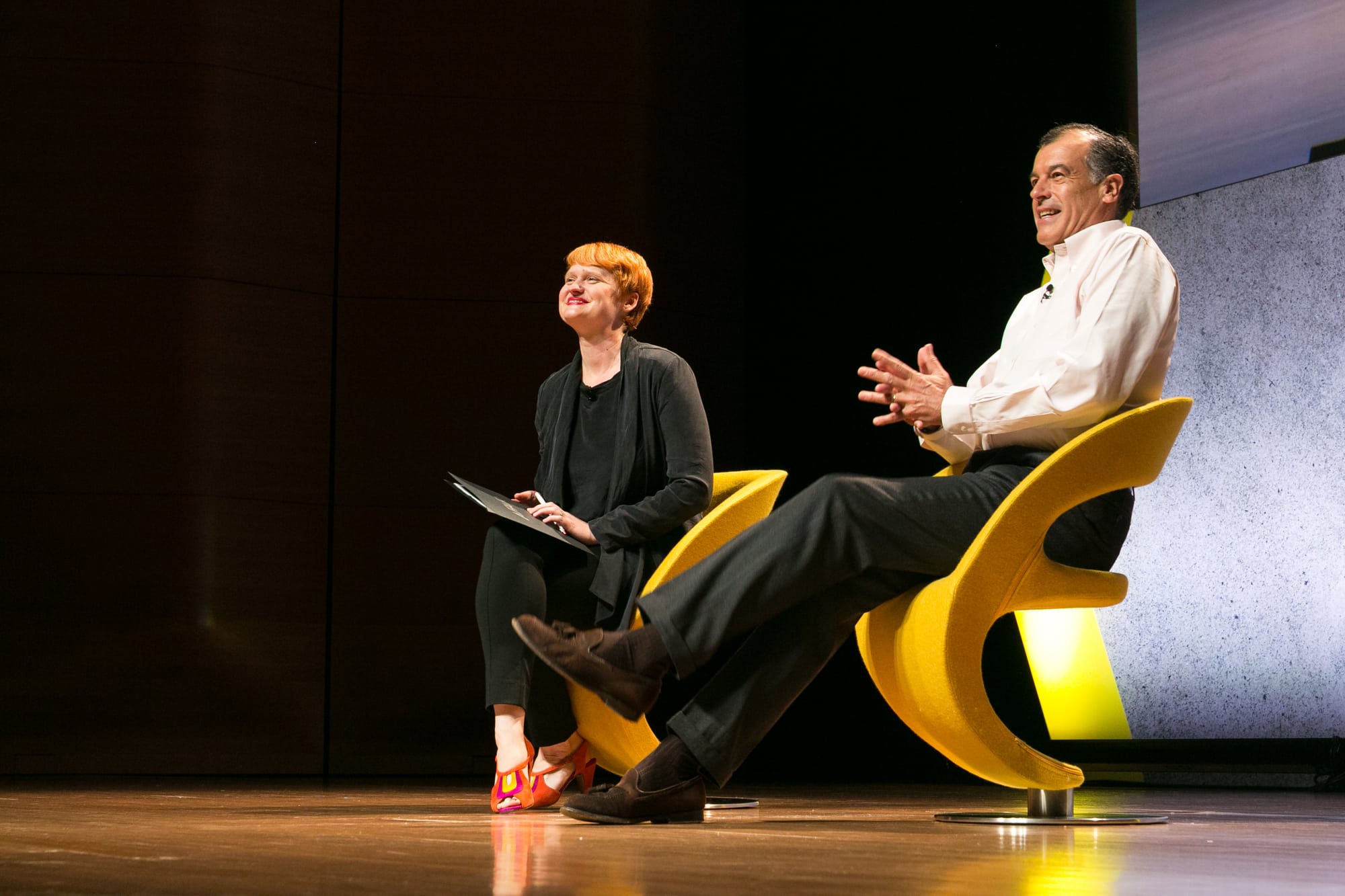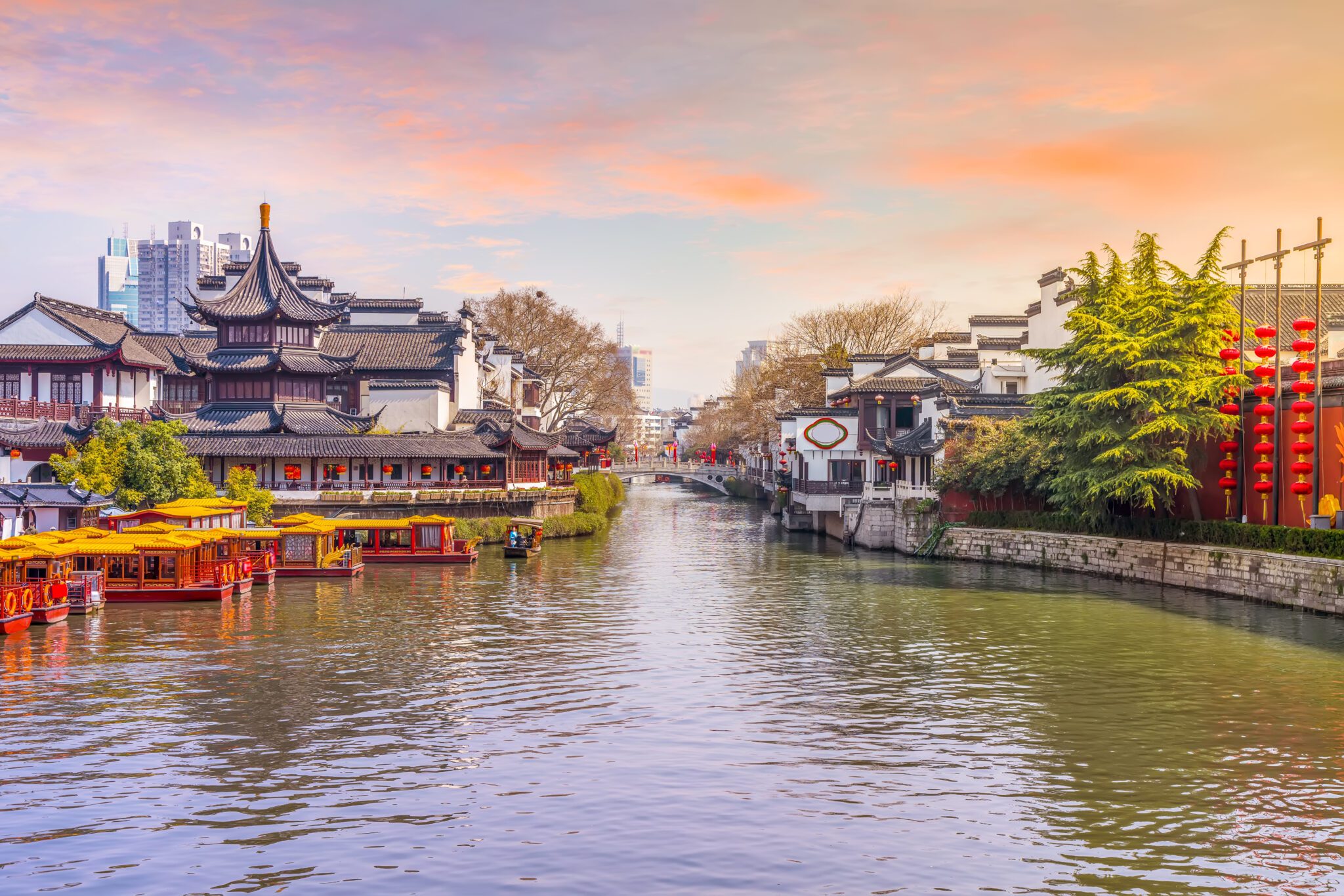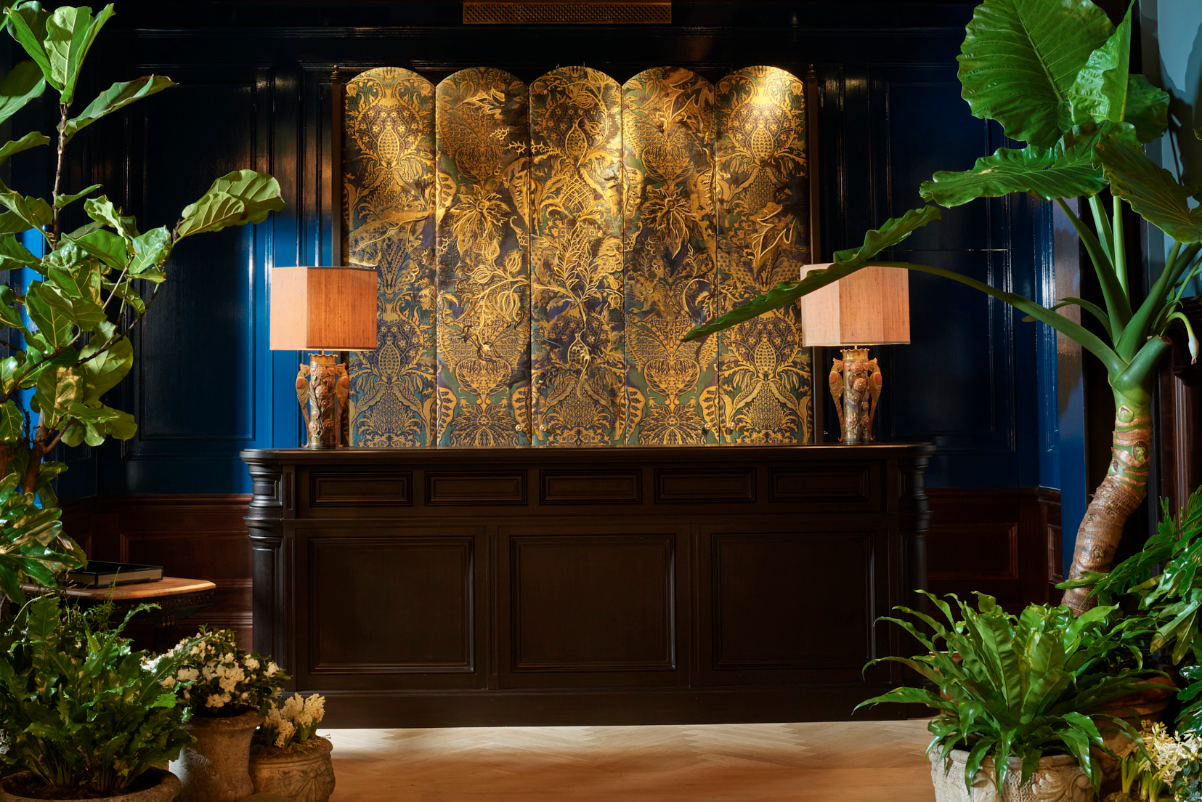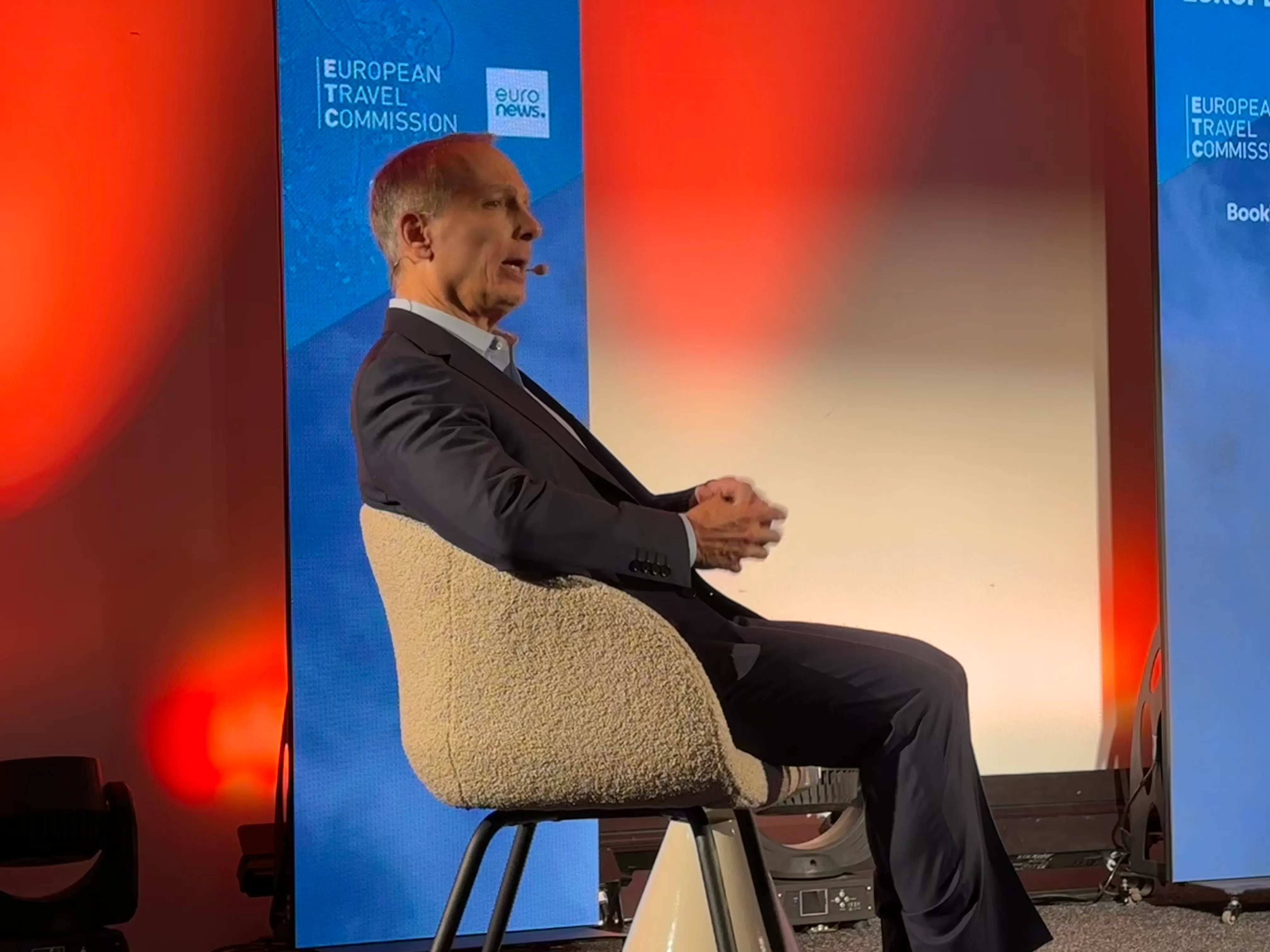Club Med Targeting Affluent Millennial Families in Bid to Redefine Its Brand

Skift Take
The legacy brand Club Med has been around for more than 65 years and its image remains outdated in the eyes of many.
At one time, according to Julia Cosgrove, editor-in-chief of AFAR, Club Med was “where all the cool kids went in the 70s and 80s.”
Cosgrove interviewed Henri Giscard d’Estaing, CEO of Club Med and son of former French President Valéry Giscard d’Estaing, at the Skift Global Forum in Manhattan on Wednesday and he responded immediately to her point.
His question to the audience, “Who has heard of Club Med?” was met with most hands raised, yet the follow-up question, “Who has been to Club Med?” saw significantly fewer hands elevate despite the fact that Alice Tully Hall was filled with many motivated travelers.
Club Med was a pioneer in all-inclusive vacations, and now the company is sharpening its focus on the upscale market. “The market has changed and we had to change,” said d’Estaing, who reported that the company has invested $1.5 billion in upgrading its facilities.
More specifically, Club Med is now targeting affluent families, including millennial parents. d’Estaing warned against stereotyping millennials as frugal single travelers, and the company recognizes that many older millennials are financially comfortable, have children, and travel.
d’Estaing mentioned his properties’ “zen oases,” areas designed for parents to briefly recuperate away from their kids, and they often make for a smoother, more enjoyable family vacation. “After two days the parents will be happy,” d’Estaing said in contrasting that experience with an exhausting family trip to a theme park, for example.
“Millennials obviously cover a wide range... [they’re] open to the world,” said d’Estaing. He also noted that millennials in the workplace are “under very heavy pressure… in a way, vacation is even more important.”
Of Club Med’s contemporary concept of luxury, d’Estaing said “We will never be gold and marble,” noting that for many travelers, time is their most valuable asset.
The experiential aspect of Club Med’s product remains crucial. “We are truly an experiential brand,” he said, mentioning that it’s key to help the shopper to experience their upcoming trip on the website to inspire them to buy.
d’Estaing argued that “since 1950 a multicultural approach has been at the root of the company.”
He added that Club Med’s diverse employees “work happily together and they learn from their differences."
If that sounds idealistic, then it's possibly a gross oversimplification of how things work in various travel industry sectors such as hospitality and cruise industries, which often rely on inexpensive foreign labor.
Whether Club Med can redefine its brand along the lines that d’Estaing is taking it will be its challenge over the next few years.




